Who We Are!
About Us
The School of Food Technology, Nutrition & Bio-Engineering
The School of School of Food Technology, Nutrition & Bio-Engineering (SFTNB) is headed by Dr. Kigozi Bulya Julia as Dean. The School is one of 3 Schools in the College of Agricultural & Environmental Science. The School was formed from the integration of the former departments of Food Science and Technology, Agricultural Engineering and Forestry Engineering. This amalgamation enriched the human and infrastructural resources of the School. The School is committed to utilizing its human and infrastructural capacity to facilitate strong human resource training and innovations for the development of the agro- industry sector in Uganda and the region.
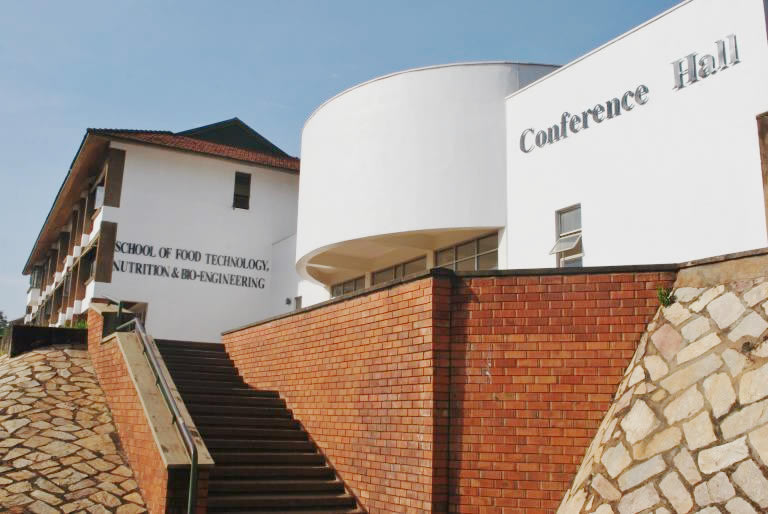

About SFTNB
Message From The Dean
The year 2024 marked a transformative chapter for the School of Food Technology, Nutrition and Bioengineering (SFTNB) at Makerere University. Anchored in our commitment to excellence, the school advanced significantly across its strategic priorities—empowering students, fostering innovation, enhancing staff welfare, and deepening community and industry engagement. These strides not only sustained academic quality but amplified our relevance to Uganda’s agro-industrial transformation and global food systems agenda.
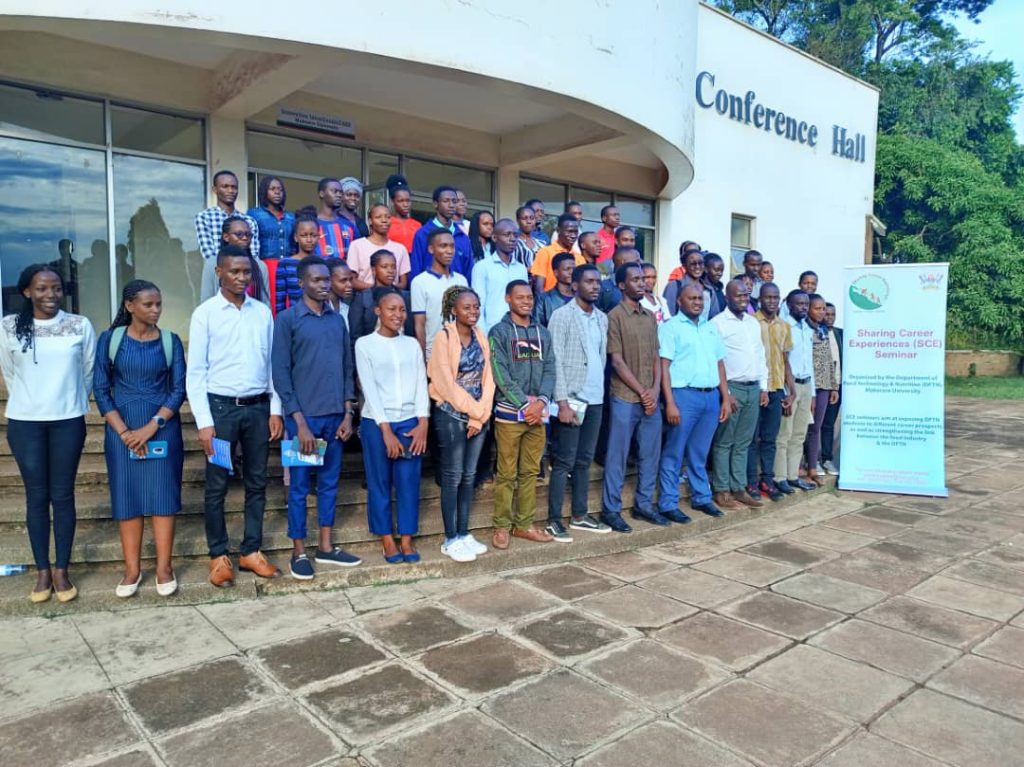
Strategy
Our Mission
The Mission of the School of Food Technology, Nutrition & Bio-engineering is to provide world class instruction, knowledge and research in food, nutrition and bio-engineering sciences. The School’s mandate covers research, training and knowledge transfer in areas of food science, food technology, human nutrition, agricultural engineering, bio-processing and bio-systems engineering.
Strategic Goals
- Increased visibility of food technology, nutrition and bio-engineering disciplines
- Transformative research and innovations for sustainable development
- Increased student number who meet contemporary and future societal needs
- Strong collaboration and networking with key stakeholders
- Supply of relevant technologies to food, agricultural and industrial sectors
- Provision of technical services and skills development training in food technology, nutrition and bio-engineering
- Motivated work force with a culture of service excellence
- Enabling physical and institutional infrastructure for teaching, research and professional services
- Increased Alumni and corporate partnerships
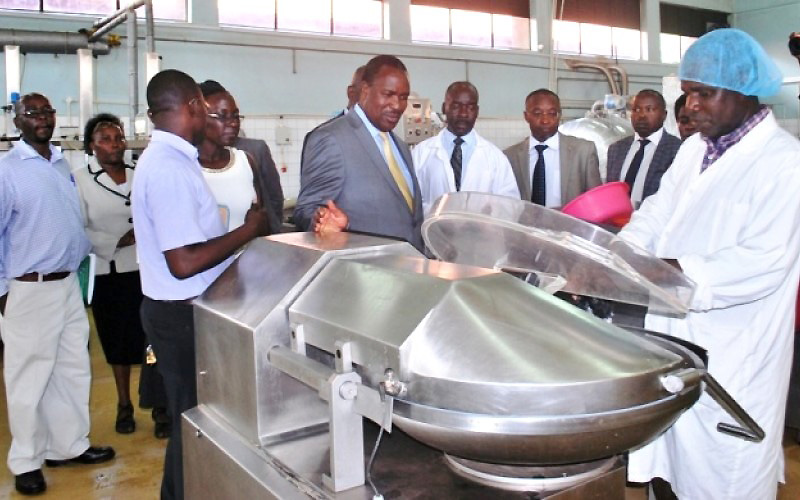
Department of Food Technology and Nutrition
The Department of Food Technology and Nutrition provides training and research in food sciences, food technology and human nutrition. For over twenty years, the department has been at the fore front of training and research for the nascent food sector in Uganda.
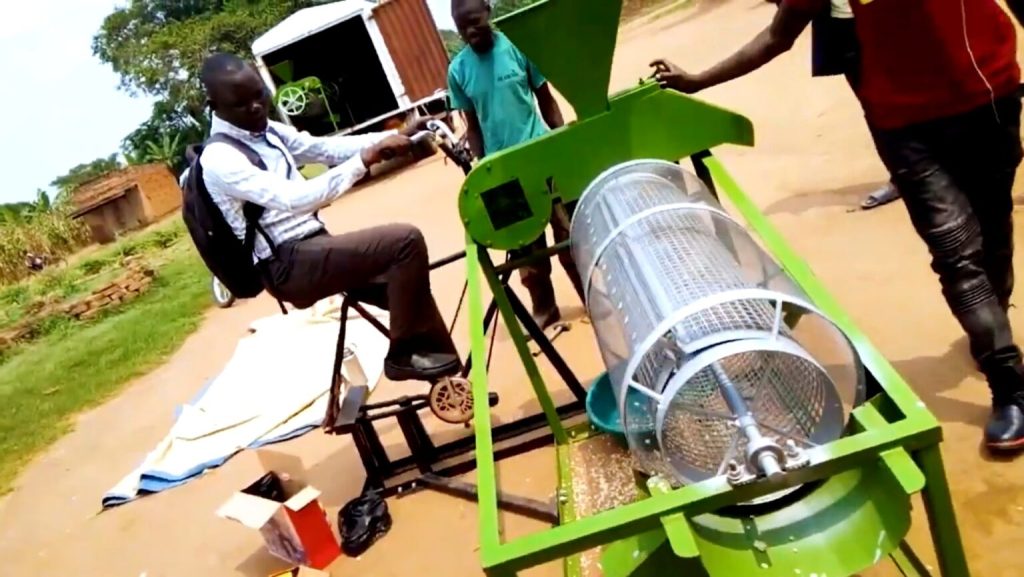
Department of Agricultural and Bio-systems Engineering
The Department of Agricultural and Bio-systems Engineering undertakes research and training in the areas of Food Engineering; Soil & Water Engineering; Farm Power & Machinery; waste water and Environmental Engineering; Agricultural Processing Engineering; Forest Resources Management, Wood Science and Technology.
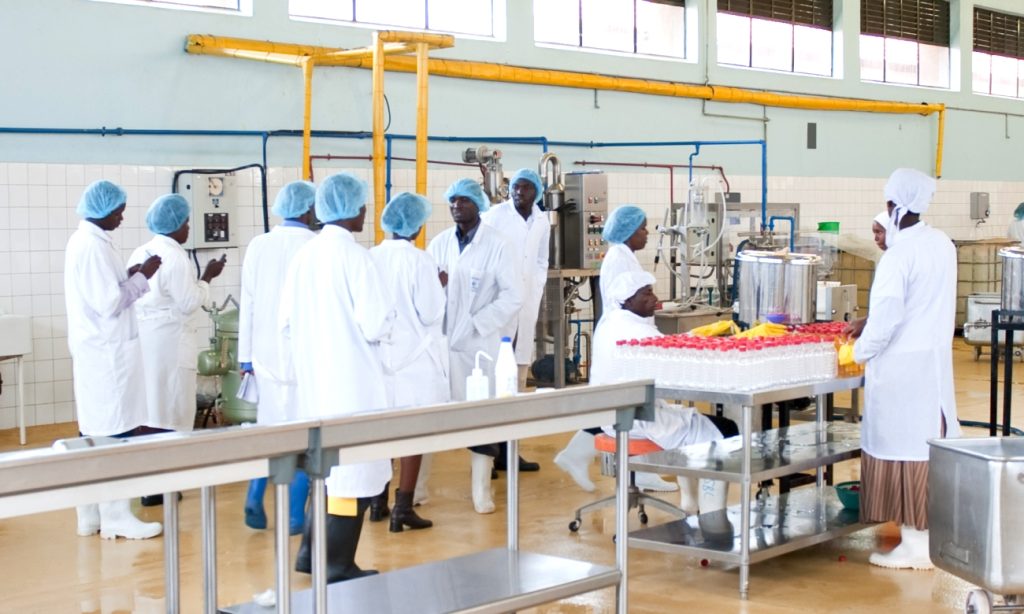
Food Technology and Business Incubation Center
The Food Technology and Business Incubation Center is possibly the most vibrant University based technology and business incubator in the East and Central African Region. The Centre was commissioned by H.E. President Y.K. Museveni, in 2009. The core business of the FTBIC is technology transfer and nurturing knowledge based enterprises in the food processing and nutrition fields. The Center targets youths and other groups with technology and/or business ideas of commercial potential in the areas of food processing, nutrition and allied industries.

